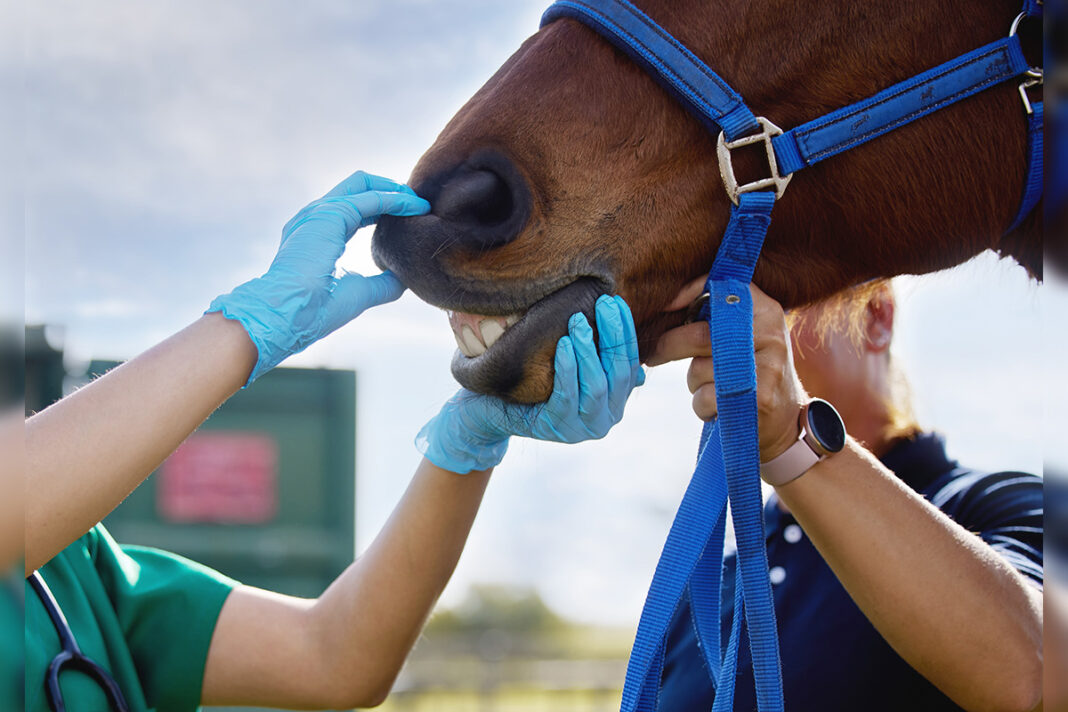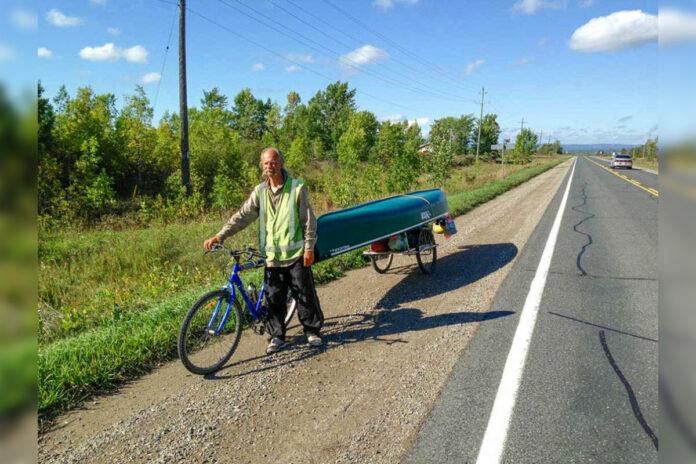Island veterinarian confirms diagnosis
MANITOULIN—Horse owners in Ontario are being urged to take preventative measures after three horses were recently diagnosed with West Nile virus, with two euthanized and one dead from complications. Scott Veterinary Services in Mindemoya confirmed the first positive equine West Nile case in their area, warning local owners to remain vigilant as mosquito season continues.
One case involved a 21-year-old gelding in the District of Sudbury on September 16. The horse exhibited signs of lethargy, fever, ataxia (loss of coordination), and head tremors before being euthanized on September 12 due to worsening neurological symptoms. It was confirmed the horse had not been vaccinated.
A second horse, a three-year-old filly from Lambton County, succumbed to the virus after being found down by her owner and later showing severe muscle tremors. This filly was found down by the owner and developed muscle fasciculations of the head and shoulder.; Confirmation The filly died on September 16. A third case in the United Counties of Prescott and Russell involved a five-year-old gelding, which was euthanized after developing serious neurological symptoms.
West Nile virus is transmitted to horses through mosquito bites. While some horses may not show symptoms, others can experience fever, muscle tremors, hypersensitivity to touch, weakness, and ataxia. The virus can be fatal, with mortality rates reaching 30-40 percent in symptomatic horses.
Experts stress that vaccination is one of the most effective ways to protect horses from West Nile virus. While annual boosters are recommended for vaccinated horses, those that have never been vaccinated require a two-shot series over several weeks. With mosquito season still in effect, horse owners are also advised to: Eliminate stagnant water where mosquitoes breed; regularly clean and refill water troughs; keep horses indoors during peak mosquito activity times (dawn and dusk); and use equine-approved mosquito repellents.
Although there is no cure for West Nile virus, many horses can recover with supportive care if caught early. Scott Veterinary Services urges horse owners to monitor their animals closely for any signs of illness and contact a veterinarian immediately if symptoms appear.
This recent outbreak serves as a reminder for owners to stay proactive in protecting their animals during the mosquito season.






